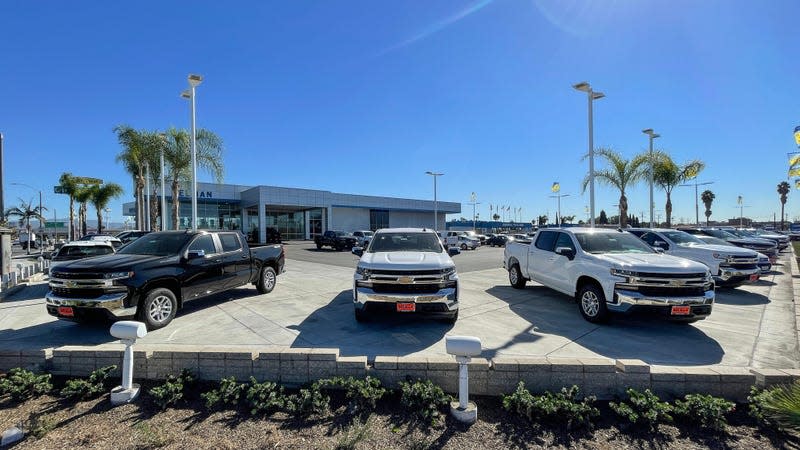Rising Rate of Car Repossessions Worrying Sign For Economy

For most Americans, owning a car is a necessity. If you don’t have one, you essentially can’t go anywhere, which is an especially big problem if you have a job that doesn’t allow remote work. Now we’re seeing an increasing number of consumers defaulting on car loans they can no longer afford, which seems bad.
NBC reports that while car repossessions dropped dramatically in the early stages of the pandemic, recently, the number of borrowers who are behind on their car payments is back to pre-pandemic levels. And for those who are in the lowest income bracket, the default rate is higher than it was back in 2019. Industry analysts are reportedly afraid that this trend will continue into 2023.
Read more
In fact, it may get worse as the average monthly new car payment has risen 26 percent since 2019. It’s currently $718 a month, and one in six new car buyers is paying $1,000 a month or more. Unemployment remains low, and gas prices continue to fall, but many other goods and services now cost a lot more than they did a couple of years ago.
“These repossessions are occurring on people who could afford that $500 or $600 a month payment two years ago, but now everything else in their life is more expensive,” Ivan Drury, Edmunds’ director of insights told NBC. “That’s where we’re starting to see the repossessions happen because it’s just everything else starting to pin you down.”
The Consumer Financial Protection Bureau is reportedly especially worried about loans from 2021 and 2022, when new car prices were especially high, as well as so-called subprime borrowers with below-average credit scores.

 Yahoo Autos
Yahoo Autos 